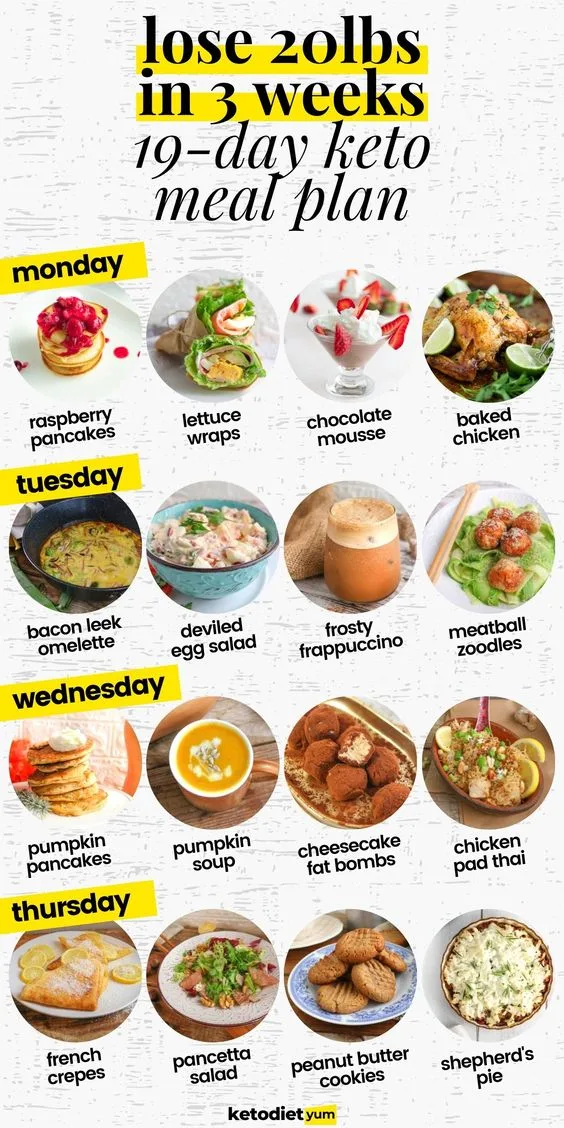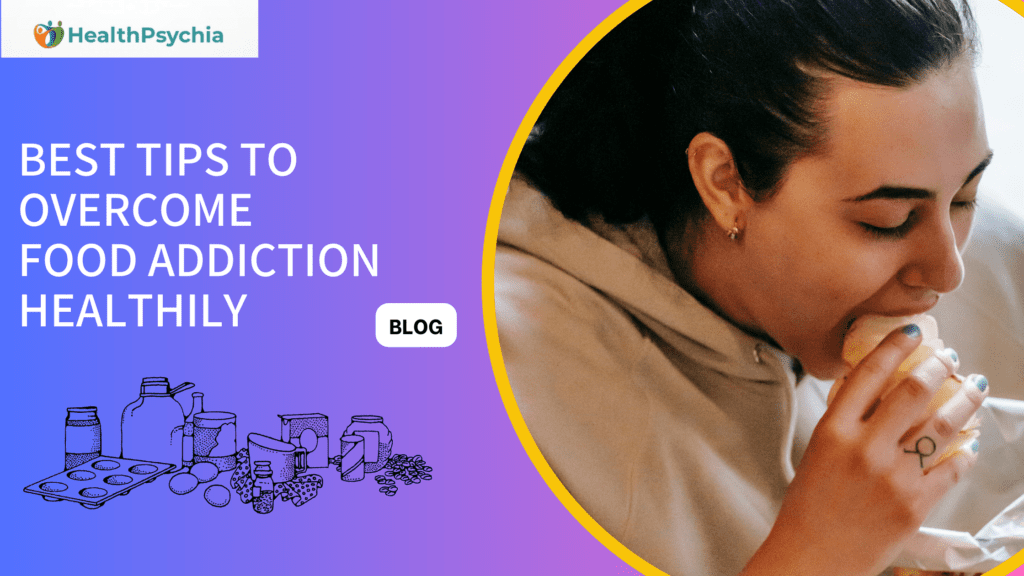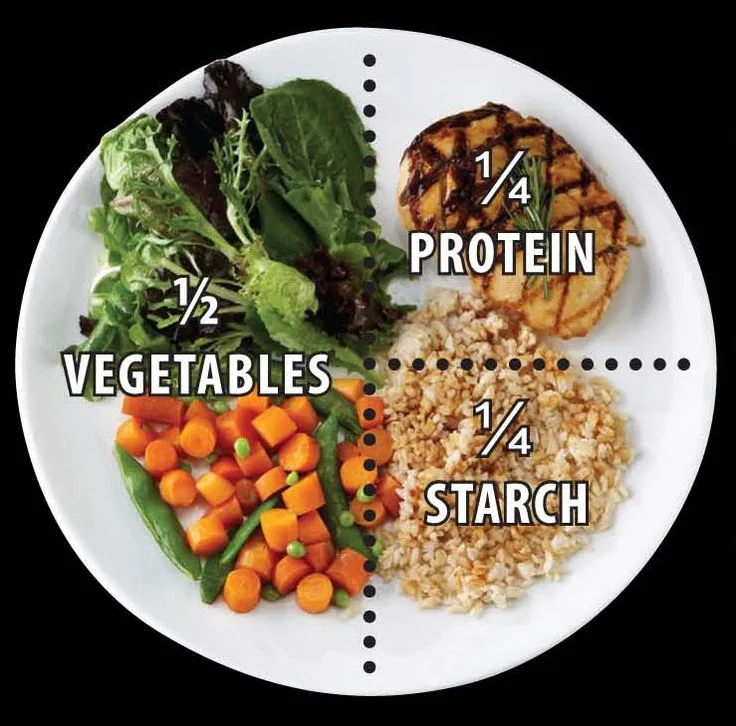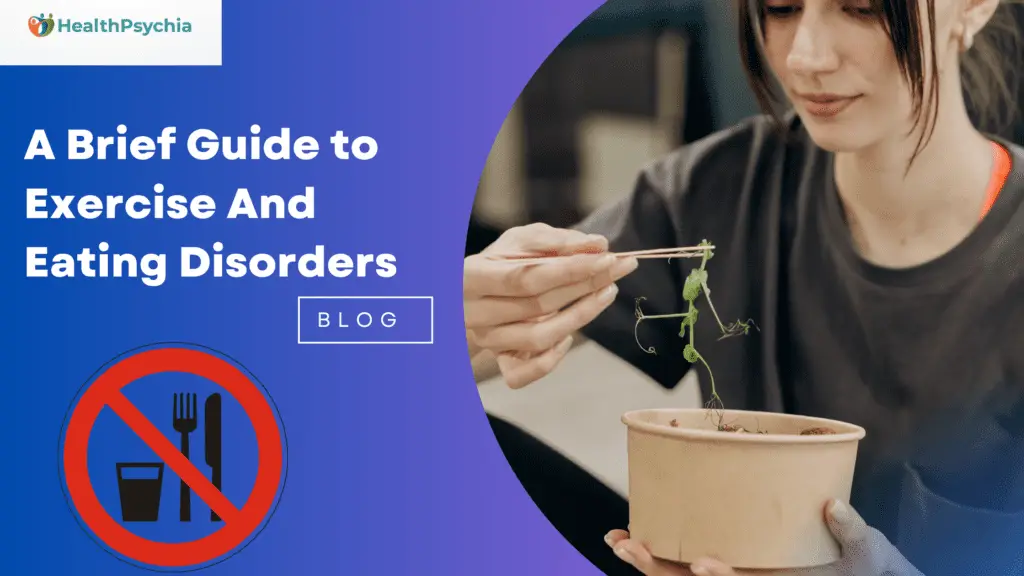We are all aware of how delicious processed foods, ice cream, zingers, and junk food are. Due to their deliciousness and ease with which we might become addicted, these junk meals are also referred to as comfort foods.
The complex condition known as food addiction is characterized by an uncontrollable and compulsive relationship with eating. Similar to drug or alcohol addiction, eating disorders are caused by a chemical response in the brain that results in cravings and an inability to stop eating certain foods. In this blog, we will explore the way to get rid of food addiction.
Although overcoming a food addiction might be challenging and complex but not impossible, it is doable with the multidimensional approach that involves a combination of therapy, support groups, lifestyle changes, and counseling.
People have a harder time breaking the cycle of food addiction. This manual includes the development of good eating practices, frequent physical activity, and other coping techniques that can result in a better, more fulfilled life.
Highlights
1- Overcoming food addiction is very challenging but doable.
2- It is essential to comprehend the psychological mechanisms underlying food cravings while battling food addiction.
3- Practical strategies to help you kick your bad eating habits.

Food Addiction: What Is It?
Unhealthy eating patterns or people with food addiction often experience intense urges of highly processed food. Other eating disorders like binge eating and food addiction are connected to it.
Do you know why it can be difficult for those who have a food addiction to stick to a balanced diet? They may become obese as a result of their food addiction, which can lead to additional health problems.
To learn more about obesity read: ADDRESSING TRAUMA-OBESITY TOWARDS WEIGHT LOSS
Understand the Root Causes of Your Food Addiction
In order to overcome your addiction to food, it’s important to understand the root causes of your behavior. Food addiction may have a troublesome effect in certain cases.
- Processed or fatty foods stimulate the brain’s pleasure receptors as a result highly exciting reactions such as addictive reflexes generate just like drug usage.
- In many cases, food addiction may become a never-ending cycle.
- Although food does have not dramatic effects just like narcotics, however, high-sugar and fatty diets can have a major impact on our bodies and brain. They may enhance the urge for junk or unhealthy foods.
- Processed and junk food have a damaging impact on the brain and central nervous system.
- Dopamine is a chemical that is responsible for these effects.
- Food addiction is caused by a lack of willpower to regulate one’s eating habits and the dopamine action in the brain.
Many people, cope with stress, anxiety, or other emotional issues with the help of binge eating.
- Another common cause of food addiction is a lack of proper nutrition. When your body is not getting the nutrients it needs, it can lead to cravings and overeating. Make sure that you are eating a balanced diet with plenty of fruits, vegetables, whole grains, and lean proteins. Moreover, you should avoid processed and sugary foods, which can trigger addictive behaviors.
Signs and Symptoms of Food Addiction
There is no laboratory testing that can identify food addiction. We diagnose Food addiction, by a person’s behaviors. The following are the signs of food addiction:
- Despite being full, you have more food desires.
- Eating more than the planned portion of the desired food (for example, promising yourself to drink only one glass of soda but then drinking the entire bottle)
- Consuming certain foods until you feel too full or about to vomit.
- You feel bad after overeating but eat again and again.
- Making justifications for why you are eating too much. (Using stress, a monthly period, or food as a reward as an example)
- You try to quit food addiction but fail every time.
- Don’t show others that you are eating unhealthy food.
- Finding it difficult to restrict yourself from eating unhealthy foods while being aware of the adverse effects of overeating. (e.g., increased weight, obesity, blood pressure, heart disease).
Important Note:
Can you identify at least four of the above signs and symptoms? You should be concerned about your food addiction habits. However, if you have six or more of these symptoms, you should seek professional health care as you are to overcome your food addiction.
For more details you can read: A BRIEF GUIDE TO EXERCISE AND EATING DISORDERS
How to Overcome an Addiction to Food | Some Effective Tips
Here are some effective tips to overcome food addiction. As it requires a lot of willpower and determination. It is not easy to overcome food addiction, it may take some time but if you will be determined you will succeed.
The process of quitting food addiction is different for everyone because every person has different food cravings.
However, here are some tips for you to start with:
1. Jot Down Your Plan
- You should begin by making a list and making a strategy how to modify your lifestyle. Make your lists in a notebook, diary, or notepad.
- Make a list of your goals (how to get over your food addiction, weight reduction goals, how to avoid junk food,).
- Make a list of harmful foods and tempting foods that you should avoid.
- Make a list of fast food restaurants and food points in your area.
- Make a list of healthier meal options that you can take.
- If you feel hungry or have a desire of eating something look through these lists. Do review your list so that you can remind your goals every day.

2. Develop a Support System With Family and Friends
Overcoming food addiction can be a challenging journey, but if you have a support system it can be very helpful for yourself. This support system can include your friends, family members, and a therapist.
If you have a strong support system it keeps you motivated and you stay on track with your goals. So, be happy because you’re not alone in your fight against food addiction.
Communicate with your family and friends for support in difficult times.
- Make an agreement not to buy junk food.
- You should choose a healthy restaurant rather than a fast-food chain.
- It’s also helpful for you to have someone to keep an eye on what you eat.
- You may also get healthy food recipes and cook nutritious dishes for yourself.
- It is so simple to overcome food addiction if you have a support system. It will give you a boost to overcome your food addiction.
3. Practice Mindful Eating
You should practice mindful eating, which means you should be aware of what you are eating. It means you should be aware of how many calories you are going to take.
So, due to mindful eating, you think twice before eating any food. Moreover, it can help you to recognize your real hunger rather than hunger due to emotional reasons.
To practice mindful eating avoid TV or phone during eating, take small bites, and don’t focus on the taste and smell of food.
You should keep in mind the calorie chart in your mind, as one doughnut has around 190-350 calories. This is the amount of calories you’ll burn during a 20-minute treadmill. This type of calorie measurement restricts you from overeating. Remember, a doughnut is also high in empty calories. It has no vitamins or nutrients.
Be careful of what you eat because all of your eating habits have an impact on your overall body, either positive or negative.
4. Limit your intake of alcoholic beverages and caffeine
Avoid alcoholic beverages and caffeinated beverages as much as possible. There is evidence that drinking alcoholic or caffeinated beverages causes poor eating habits. Coffee might increase your cravings for sugary drinks or sweet dishes.
Furthermore, too much coffee can trigger anxiety, and to deal with anxiety a person may end up binge eating to relieve stress. After drinking alcohol you feel more hungry, and you may eat whatever is in your fridge. You should also avoid carbonated drinks because they contain chemicals and are high in calories.

5. Exercise on a regular basis
When you decide to start eating healthier, combine it with regular exercise. Why? Because healthy eating habits with exercise have beneficial effects on your mind and body. Set your goals on how much weight you want to reduce it helps you to overcome food addiction.
6. Eat healthy and a well-balanced diet
You should eat a healthy and well-balanced diet. Crazy diets and missing meals enhance your food desires but it is necessary to maintain your diet plan and eat proper food with full of fiber, carbs, vitamins, and proteins. The most crucial thing is consistency, and not to give up.
7. Get Your Body Ready for Withdrawal Symptoms
When you are trying to overcome food addiction your body may face withdrawal effects.
Due to changes in your eating habits and lifestyle, you should get ready for withdrawal symptoms such as anxiety, mood swings, depression, and anti social behavior. You should seek a therapist if you feel these withdrawal effects.
8. Create a Meal Plan and stick to it
Creating a meal plan is one of the effective ways to overcome an addiction to food. Proper meal plan helps you to avoid junk food and go for healthy food which ensures that you are getting proper nutrients according to your body needs.
- You should start with one-week meal plan of breakfast, lunch, dinner, and snacks.
- Make sure that your food contains all food groups such as protein, healthy fats, and complex carbohydrates.
- After creating a meal plan you should make a grocery list. This list will prevent you from buying unhealthy food.

9. Look into Other than Food Incentives
During anxiety and depression avoid food-related rewards. Because most people deal with their mood swings with unhealthy food incentives.
So, be careful and look into other incentives such as new clothing, a book to read a haircut or therapy, or a massage. The list is unlimited, so sit down and plan out lovely things to reward yourself that you like to do.
10. Seek Professional Help
A therapist or counselor can help you to cope with physical and emotional issues. The emotional and physical issues may lead to food addiction.
They can also provide support and strategies for developing a healthy and good relationship with food. Don’t hesitate to seek professional help to overcome food addiction. It’s good and beneficial to ask for support in this journey.
Conclusion
Food addiction is a chronic condition that can become worse if we don’t deal with it, You must start treating it within yourself because if you do not, it will cause harmful effects on your mind and body.
If you are unable to overcome food addiction seek for professional assistance. One thing to remember is that you are not alone in this recovery journey. This blog post can assist you in overcoming your food addiction.
FAQS
- What are the three basic components of addictive foods?
“The three basic components of addictive food” are salt, sugar, and fat.
- What are some examples of unhealthy foods?
People become addicted to food that is full of fats, carbs, and ultra-processed food such as sugar and flour. Chocolate, pasta, ice cream, French fries, doughnuts, pizza, and cookies are some of the most popular unhealthy foods.
- Is food addiction a mental illness?
Food addiction is not a mental illness. It is a condition that is due to anxiety and stress, or it has harmful effects on physical and psychological health.



